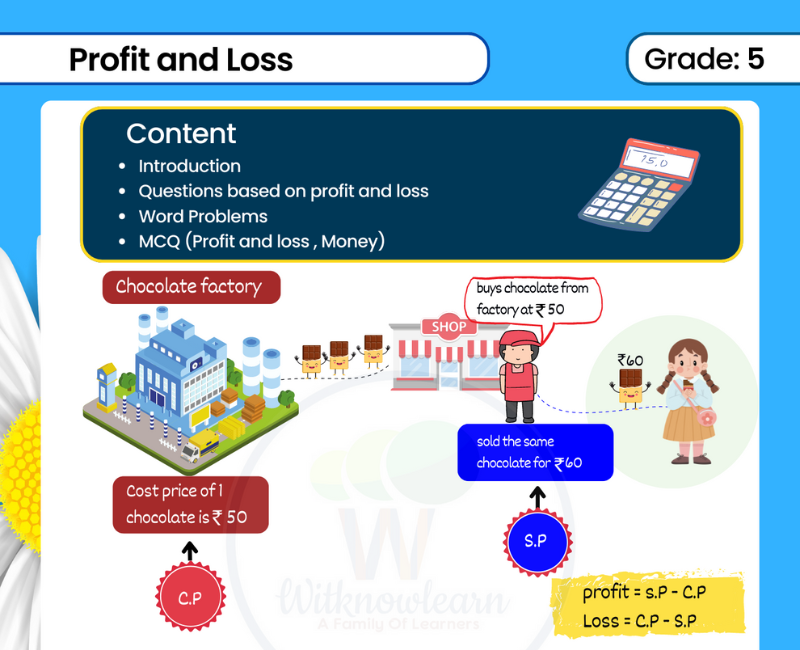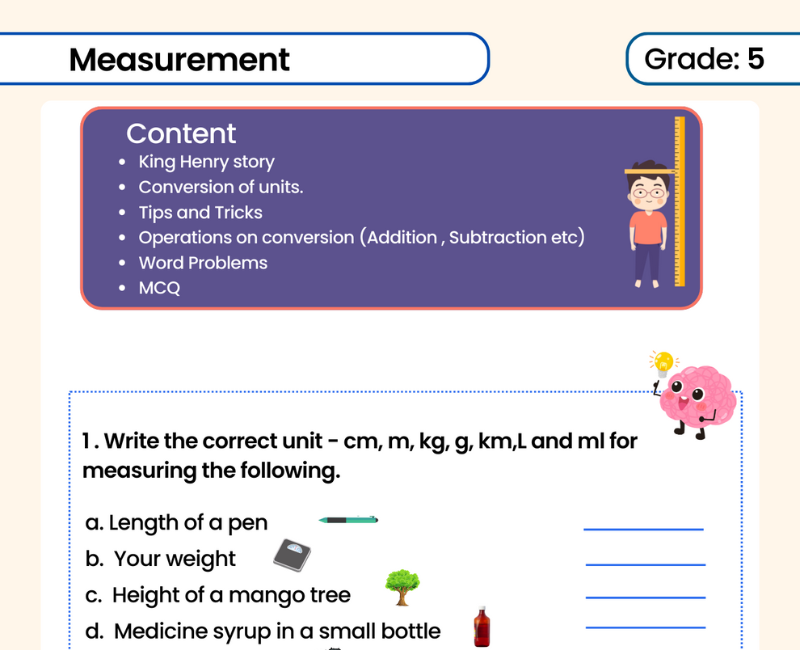Rural Development Class 12th MCQ & Extra Questions
Are you curious to learn about rural development and how it shapes the economic landscape? Look no further! In this comprehensive article, we delve into the world of rural development and address the most pressing questions from the NCERT Class 12 Economics textbook. Whether you're a student studying for exams or someone interested in understanding the dynamics of rural development, this article has got you covered. With a focus on unlocking the secrets of rural development, we answer 100 carefully curated questions that cover a wide range of topics. From the challenges faced by rural economies to the role of government policies, we leave no stone unturned. Our aim is to provide you with the knowledge and insights you need to grasp the complexities of rural development. Join us as we explore the economic, social, and political factors that shape rural areas and their impact on national development. From analyzing the role of agriculture to understanding the importance of infrastructure, this article is designed to deepen your understanding and broaden your perspectives. Get ready to unlock the secrets of rural development and gain a comprehensive understanding of this crucial field.
Rural development is a crucial part of the class 12 economics curriculum, specifically covered in Chapter 5. For students looking to deepen their understanding, various resources such as rural development class 12 NCERT PDF, MCQs, and question answers offer invaluable insights. These materials help students prepare for exams and projects, including case studies on rural development for class 12 projects. One of the key topics discussed is the role of micro-credit in rural development, highlighting how small loans can make a big difference in the lives of rural communities.
The importance of rural development in Indian economic development class 12 cannot be overstated. With a significant portion of India's population residing in rural areas, focusing on rural development is essential for achieving overall economic growth and reducing poverty. The class 12 chapter 5 economics materials cover various aspects that contribute to the development of rural areas, like infrastructure, healthcare, and education. A thorough understanding of these aspects can help students answer related questions, whether they are multiple-choice questions (MCQ) or descriptive ones, during exams.
For those interested in a hands-on learning experience, creating a case study on rural development for a class 12 project can be a rewarding endeavor. This allows students to explore real-world challenges and solutions, providing them with a practical understanding that complements the theoretical knowledge gained from the rural development class 12 NCERT PDF and other study resources. Therefore, whether you are a student, teacher, or parent, engaging with these educational materials can provide a nuanced understanding of the complexities and opportunities associated with rural development, setting the groundwork for informed discussions and academic success.
Importance of Rural Development
Rural development is crucial because it directly impacts a large segment of the population. Most of the agricultural activities happen in rural areas, which contribute significantly to the economy. A well-developed rural sector means better agricultural output, less poverty, and a more balanced economic landscape.
Key Concepts in Rural Development
Some of the key concepts in rural development include community engagement, infrastructure development, land reform, poverty reduction, and women's empowerment. Understanding these concepts can provide a framework for effective strategies and policies aimed at uplifting rural areas.
Role of Government in Rural Development
The government plays a crucial role in formulating and implementing policies for rural development. Programs that focus on infrastructure, healthcare, education, and direct financial assistance are often driven by government initiatives. The government also partners with various organizations to drive change at the grassroots level.
Challenges Faced in Rural Development
Rural areas often face numerous challenges like poor infrastructure, lack of access to quality education and healthcare, poverty, and unemployment. Social challenges, such as gender inequality and caste discrimination, also inhibit rural development. Overcoming these challenges requires concerted effort from all sectors.
Strategies for Rural Development
Effective strategies for rural development include improving infrastructure like roads and electricity, better access to quality healthcare and education, providing skill development opportunities, and initiatives to empower women and marginalized communities. Public-private partnerships can also be a valuable strategy for rural development.
Case Studies of Successful Rural Development Projects
Case studies like the "Amul Cooperative Model" in India and "Grameen Bank" in Bangladesh demonstrate how effective community-based models can be in driving rural development. These examples offer valuable lessons in community engagement, financial management, and sustainable development.
Role of Technology in Rural Development
Technology can significantly contribute to rural development. From agricultural technologies that can boost crop yields to digital platforms that offer remote education and healthcare services, the possibilities are endless. Mobile banking and Internet connectivity can also empower rural communities by providing them with better access to information and financial resources.
Sustainable Development Practices in Rural Areas
Sustainable development involves using resources in a way that meets present needs without compromising future generations. Practices like organic farming, renewable energy usage, and sustainable waste management can help rural areas develop in a way that is ecologically sustainable.
Conclusion
In conclusion, rural development is not just important for the people living in those areas but is also crucial for the overall economic and social development of a country. By addressing challenges and leveraging opportunities through effective strategies, technology, and sustainable practices, rural areas can be transformed into hubs of prosperity and well-being.





